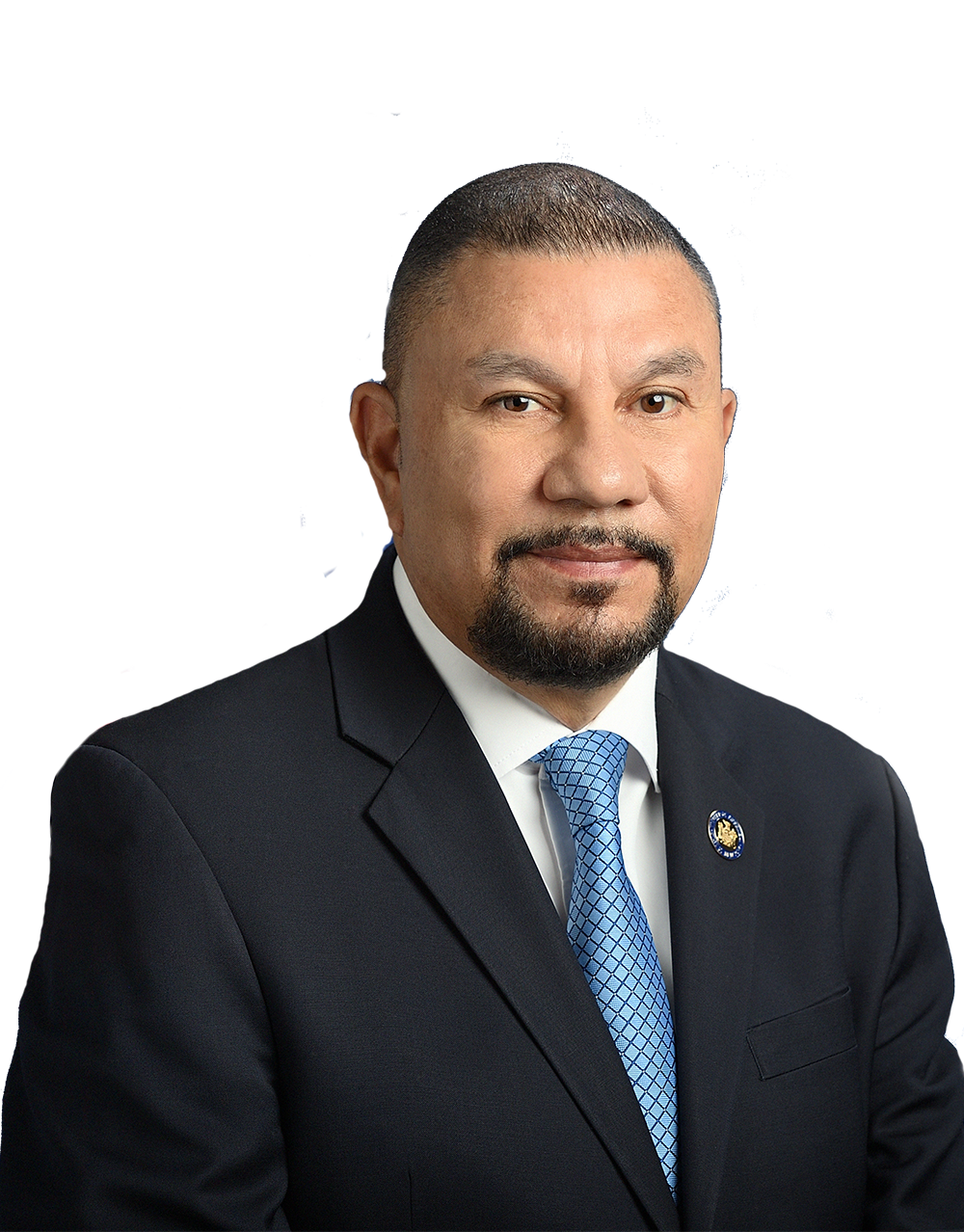Ramos: Assembly Advances ‘NY@Work’ Plan to Create Jobs, Help Business Thrive
Assemblyman Phil Ramos (D-Central Islip) announced today the release of a comprehensive plan called NY@Work that would create tens of thousands of jobs, help businesses, and leave New Yorkers better prepared to compete in today’s high-tech economy.
"The Assembly is earmarking nearly $525 million for the plan, which will help bring a focus that has been sorely lacking under the governor’s policies to New York’s economic development efforts and take advantage of our many strengths – a strong education system, a skilled workforce, a tradition of manufacturing, and diverse regional economies," Ramos said.
Redirecting the state’s failed approach to economic development
"Had the state’s employment grown at the same rate as the nation’s between January 1995 and December 2003, New York would have created 432,900 additional jobs," Ramos said.
To improve the accountability and efficiency of the state’s economic development efforts, the Assembly’s plan would create an Economic Policy Coordination Board to develop a long-overdue strategic plan for economic growth and oversee the state’s investments in research and development projects. It would also replace the current Empire State Development Board with a new, three-member Economic Development Control Board – providing the governor, the Assembly Speaker, and the Senate Majority Leader each with one appointed member.
Reforming the Empire Zone program
When the Empire Zone program is being run efficiently, it is an effective economic development program. Unfortunately, the current administration has mismanaged the program, and took nine months before even proposing a solution that fell far short of what is needed. The Assembly’s plan would make major changes to improve performance, ensure appropriate oversight and management, and make sure the most distressed areas of the state get the help they need.
Developing a workforce for the future
Another Assembly initiative, Expand Local Economies through Vocational and Technical Education (ELEVATE NEW YORK), will help the state invest in its workforce by:
- supporting school-to-work programs that help students by providing career orientation and work experience;
- investing in vocational education and support programs that train workers in the changing technology in trade industries;
- initiating a new program called "Experience and a Degree" which promotes the use of internships that help bridge the classroom to the workplace;
- backing Educational Opportunity Centers which provide job training and educational services to roughly 20,000 low-income New Yorkers; and
- supporting apprenticeships that provide on-the-job training and access to the skilled trades.
"This program will truly elevate New York by providing job training for our future workforce," Ramos said. "The best economic development investment the state can make is to improve the skills of its workers, and that begins in our schools."
Supporting the manufacturing sector
Manufacturing is still a vital component of our state’s economy. The Assembly’s plan includes a "Make-It-Here" initiative that would focus on the small manufacturer and niche markets; support research and development alliances; develop a new program called "ManuTech 2004," which helps employers adopt new technologies; and assist with exporting.
The ability of small manufacturing firms to enter the export market often makes the difference in the survival of such firms over the long term. NY@Work would provide assistance to help small firms take advantage of the export market.
Lowering the cost of energy is vital to keeping the manufacturing sector viable. The Power for Jobs Program – first proposed by the Assembly – provides low-cost power to manufacturers. NY@Work would reform and extend the program for three years, while making key changes so it runs more efficiently.
"Long Island has some of the highest energy rates in the nation," Ramos said. "By providing manufacturers with lower energy costs, Power for Jobs has been successful at keeping jobs here and creating new ones."
Supporting community-based economic development
The Assembly’s plan recognizes the importance of community-based development, and offers support to programs like the Minority- and Women-Owned Business Development Lending Program.
"Small businesses account for eight out of every 10 new jobs in New York State," Ramos said. "While jobs have declined in the state over the last several years, the number of small business start-ups has increased. At present, small businesses account for nearly half of all sales occurring in New York."
NY@Worksupports small businesses through programs like the Entrepreneurial Assistance Program and Credit Union Participation in Linked Deposit Program. EAP centers provide vital assistance to minorities, women, displaced workers and persons with disabilities in starting or growing their small business ventures. The Excelsior Linked Deposit Program provides small businesses with access to capital through "linked loans."
"The bottom line is we need economic development policies to lead New York’s economy into the future, and the governor’s policies have proven ill-equipped to do that," Ramos said. "To meet the challenges of a global 21st century economy, New York must adopt a comprehensive plan that effectively capitalizes on our many strengths. NY@Work accomplishes this."
